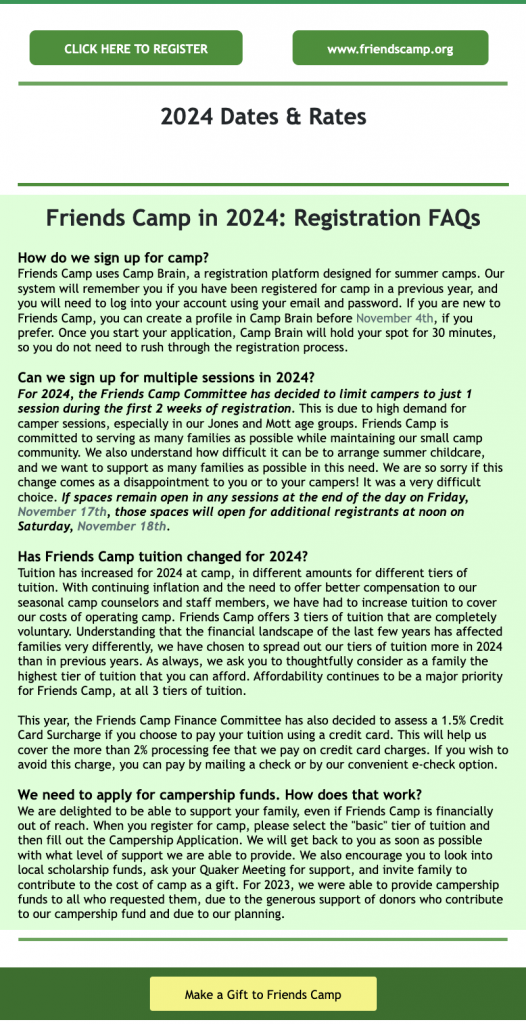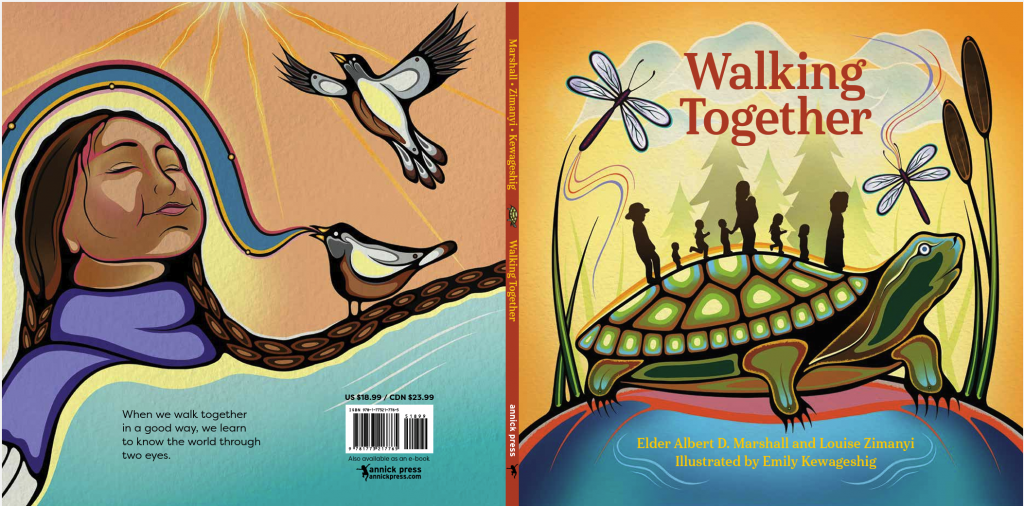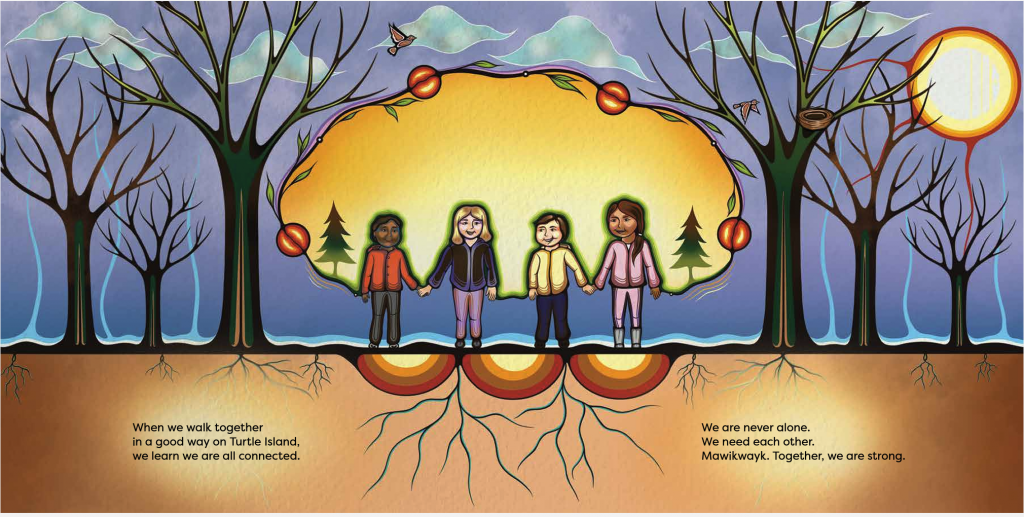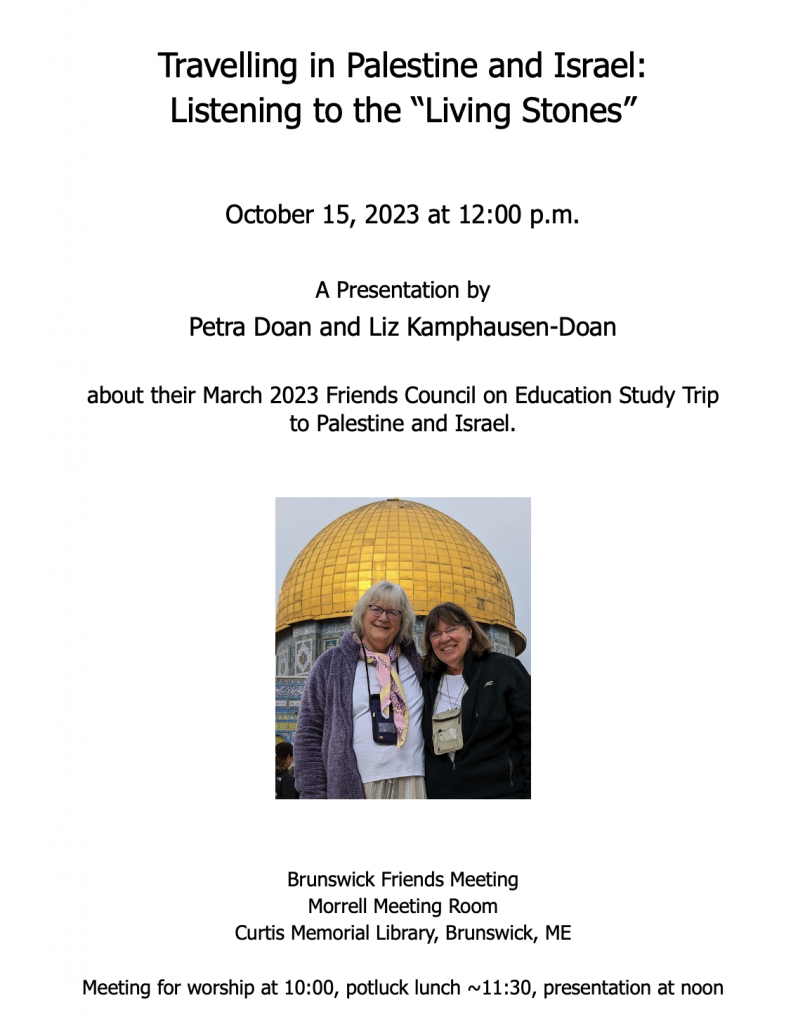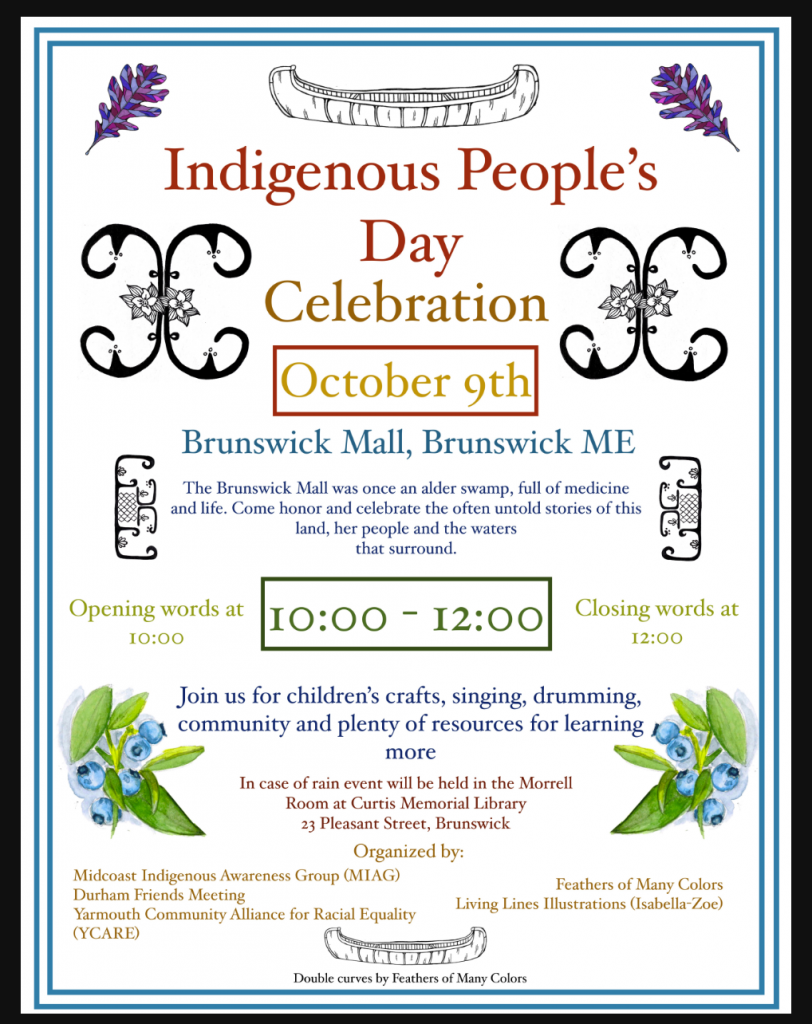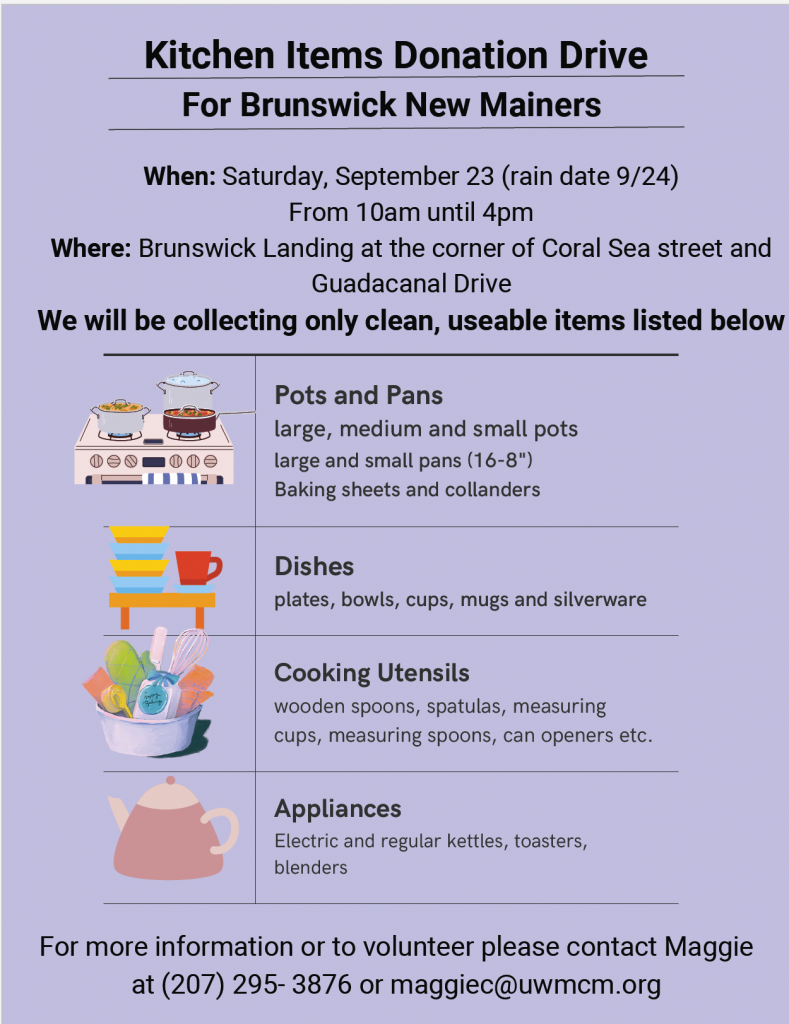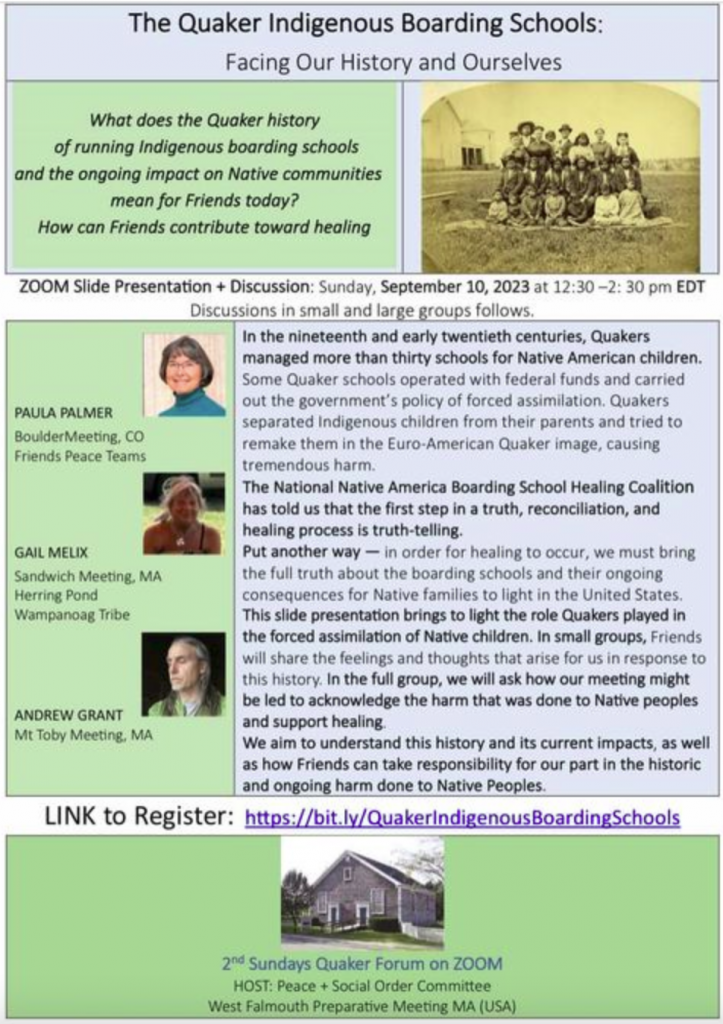November 3, 2023
Statement on Conflict in Israel-Palestine
These troubled weeks have brought yet again a devastating eruption of the long suffering caused by the conflict in Israel-Palestine. With anxiety and heartbreak, we witness the horrors unfolding in Gaza, Israel, the West Bank, and beyond. The global community of Quakers, of which we are a part, includes Friends with deep roots and relationships in the land between the Mediterranean and the Jordan. As violence has expanded and intensified in recent days, alongside continuing strife raging across the globe and violence in our own region, we write on behalf of the Quaker faith communities in the six New England states to offer our prayers and raise our voices and hands for the healing of the world.
The Religious Society of Friends (Quakers) holds that every person has the capacity to receive and respond to the love and guidance of God. All human beings are created and unconditionally beloved by God. We are dependent on one another, and it is through our relationships—as persons and as societies—that our lives make real our love for God and neighbor. We join our voices with all who strive to meet the sacred obligations to acknowledge and honor the belovedness and dignity of every person, every life.
We affirm again the declaration of the first Quakers in 1660:
“We utterly deny all outward wars and strife and fightings with outward weapons, for any end, or under any pretense whatsoever; and this is our testimony to the whole world. The spirit of Christ by which we are guided, is not changeable, so as once to command us from a thing as evil and again to move unto it; and we do certainly know, and so testify to the world, that the spirit of Christ, which leads us into all Truth, will never move us to fight and war against any man with outward weapons, neither for the kingdom of Christ, nor for the kingdoms of this world.”
We are called to reflect and pray more deeply, resisting reactivity, aggression, self-justification, and othering of those we experience as enemies. We must recognize and resist the escalating pressures throughout our human family that attempt to justify atrocities against fellow human beings. We remember that we are each capable of evil, even in the name of good. And we are called to daily examine and reject the seeds of war in our own hearts and living, through God’s help.
Promoting adherence to universal humanitarian values, and to the essential use of nonviolent methods to resolve differences, is not simply an option but a necessity for the survival of the human family. With humility and boldness, we take up and renew a commitment to turn from indulging our own hostile impulses, from the fostering of division within our local communities, and from the rush to violence and escalating cycles of retributive action in conflicts worldwide, and turn toward the courageous work of peacebuilding.
We join with people throughout the world calling for an immediate ceasefire and for the provision of desperately needed humanitarian aid to the people of Gaza. We affirm and support the ongoing work of the Friends Committee on National Legislation and the American Friends Service Committee in their advocacy and service in support of a just peace for all. We unite with this recent statement on Gaza issued by wider Quaker bodies and Friends organizations of which we are a member.
Let us each continue to seek paths to participate in the work of peace, in whatever ways and with whatever tools are available to us. We are called to act in faith, with persistence, patience, and courage, as partners with Divine Love in the deep healing of the world.
New England Yearly Meeting of the Religious Society of Friends (Quakers)
Rebecca Leuchak, Presiding Clerk
Noah Merrill, Yearly Meeting Secretary

